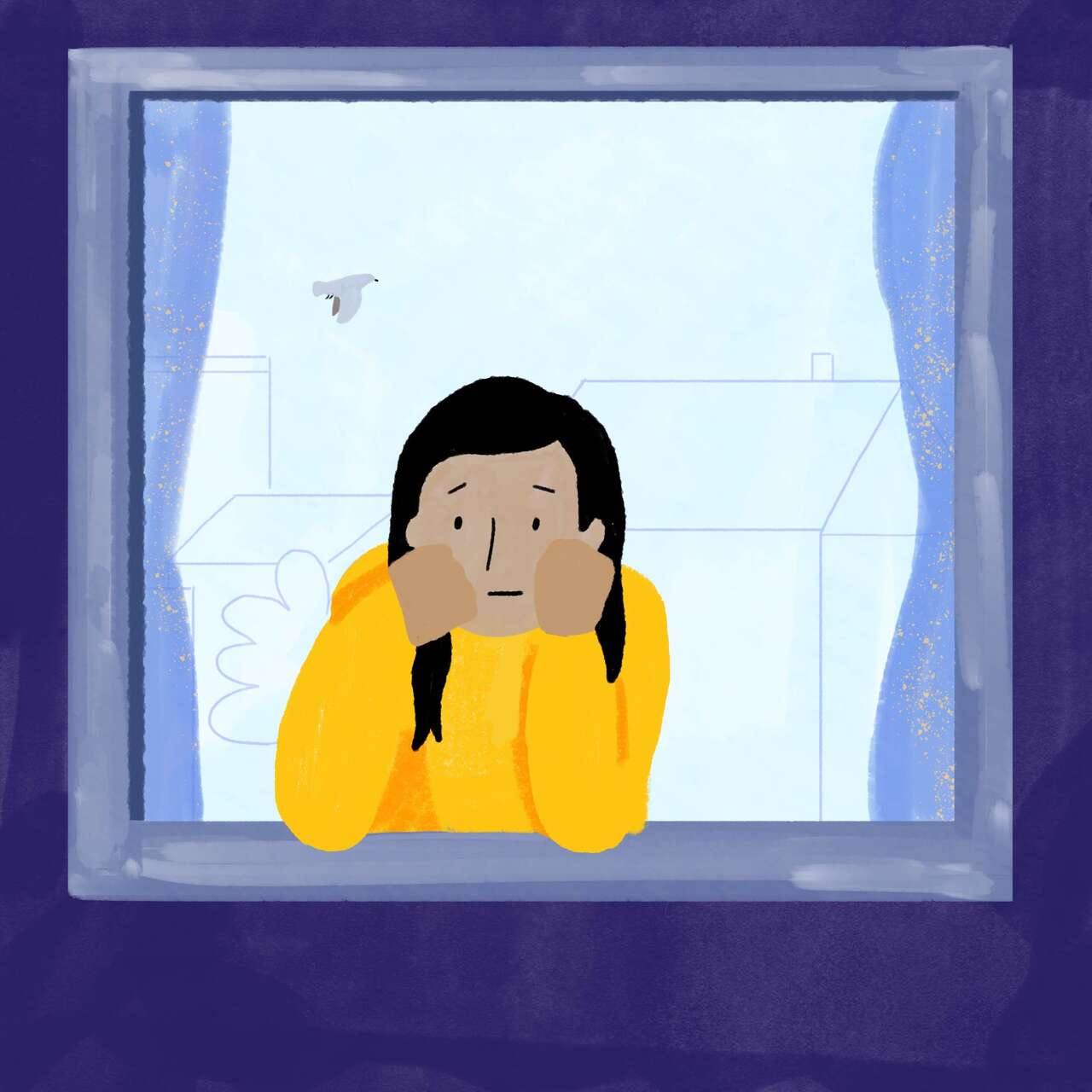
How to talk to kids about war and conflict
The International Rescue Committee’s Healing Classrooms programme provides training and resources to teachers and support staff of refugee students

The International Rescue Committee’s Healing Classrooms programme provides training and resources to teachers and support staff of refugee students
As coverage of conflicts in Gaza, Ukraine and Sudan continue to dominate news headlines, this can spark difficult questions for children seeking to process these distressing events.
This is why creating open, judgement-free spaces is crucial for children to feel safe voicing their concerns when these world events confuse or upset them.
The IRC’s Healing Classrooms programme equips teachers and support staff with specialised training and resources to create safe and nurturing environments for refugee and asylum seeking students, along with advice on how to have these kinds of conversations with students who may have been impacted by war themselves.

Eager to provide guidance to parents and caregivers facing similar discussions at home, we spoke to three teachers at Bishop Luffa secondary school in Chichester, where the Healing Classrooms approach has been implemented.
Read their top tips on speaking compassionately with children about the complex and upsetting issues surrounding war and conflict.
When talking to young people about war and conflict, it's important to start by understanding their current knowledge and emotions around the topic, says Claire Duke, Team Leader of Religious Education.
Claire explained that many children now form their views from social media, so they may have some preconceived ideas.
First, we always start by asking children ‘what do you already know about this and what can you tell us?’ Then it's really never about giving our own view. Even when I'm talking about experiences I've had, I would never talk about my own view and my own perspective on that conflict. It’s about remaining impartial and just facilitating the conversation.
Justin Barnett, who is Head of Humanities, went on to explain that as a teacher, he always tries to make sure he knows his students’ own experiences.
He emphasises the importance of building trust, particularly when difficult topics may arise unexpectedly.
"I think it’s really crucial to be ready for topics that could have a link to their own experiences,” Justin said, adding: "It's about relationships, because if you feel comfortable with that person or member of staff, you're going to be able to have that dialogue."

Olena is an EAL (English as an Additional Language) teacher and has experience working with Ukrainian students who have been displaced. She says it is important to give children the space to talk when they are ready.
This means not pushing them to talk about something they are uncomfortable with or triggered by, but waiting for them to bring this up if and when they choose, while being prepared to listen.
If I have to talk to children about war, it's about their personal experience of war, not just teaching them about conflict. So for me, I don’t start those conversations, it's up to the children to decide if they want to discuss it or not. I just listen to them and what they have to say, and you just keep listening so they can talk it through.
Olena went on to say that many of the children she works with are worried about family or friends who are still in Ukraine, so it is also crucial to provide the right support if difficult emotions arise.
“If anything is really concerning them,” she said, “We have a psychologist in school who is from Ukraine and she talks to them more about it and we liaise with parents.”
Claire points out the importance of creating inclusive, impartial, and neutral spaces for discussions around war and conflict.
This means allowing open dialogue and not shutting down views, while also making sure everyone involved is comfortable.

“It's about making sure the children know that it is a safe space,” she said. “However, if they want to disagree, they have to disagree agreeably and in an appropriate way.
“So we would model that first and then promote it in the discussion.”
She added: “Our motto is exploring the beliefs of others to better understand your own.”
Olena went on to add that for children who are refugees, creating a sense of normalcy, consistency and community can allow them to feel safe to open up about their experiences.
She said: “We never treat the Ukrainian students differently. They are the same as everybody else.
“You just need to make sure there's trust and consistency because many have come from uncertainty.”
The International Rescue Committee responds to the world's worst humanitarian crises. We help to restore health, safety, education, economic wellbeing and power to people devastated by conflict and disaster. And we are proud to fight for a world where women and girls have an equal chance to succeed.
Read more about the International Rescue Committee in the UK